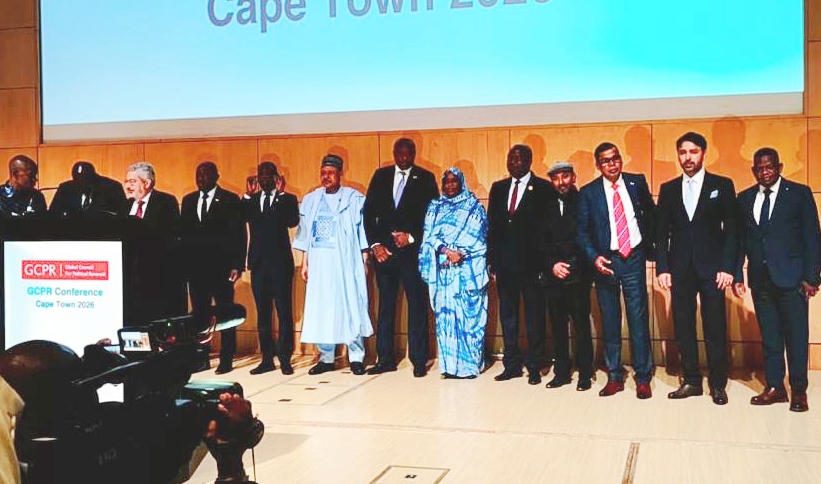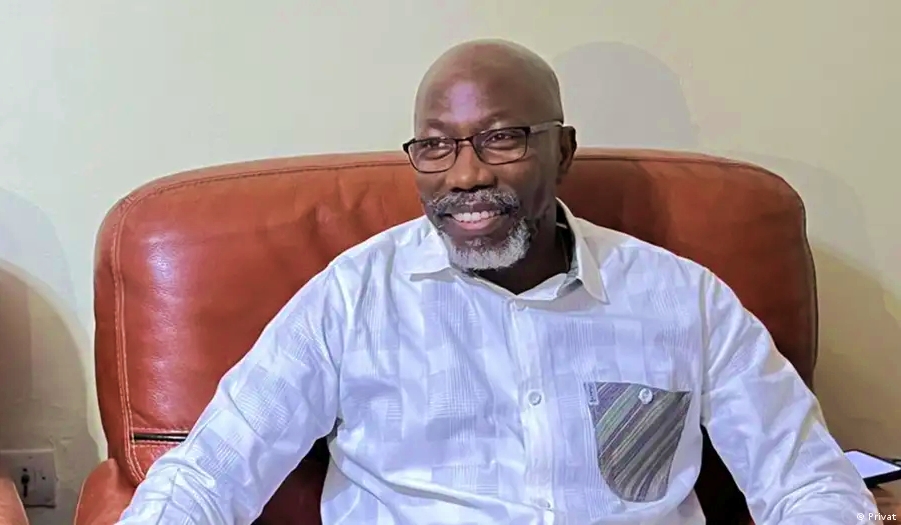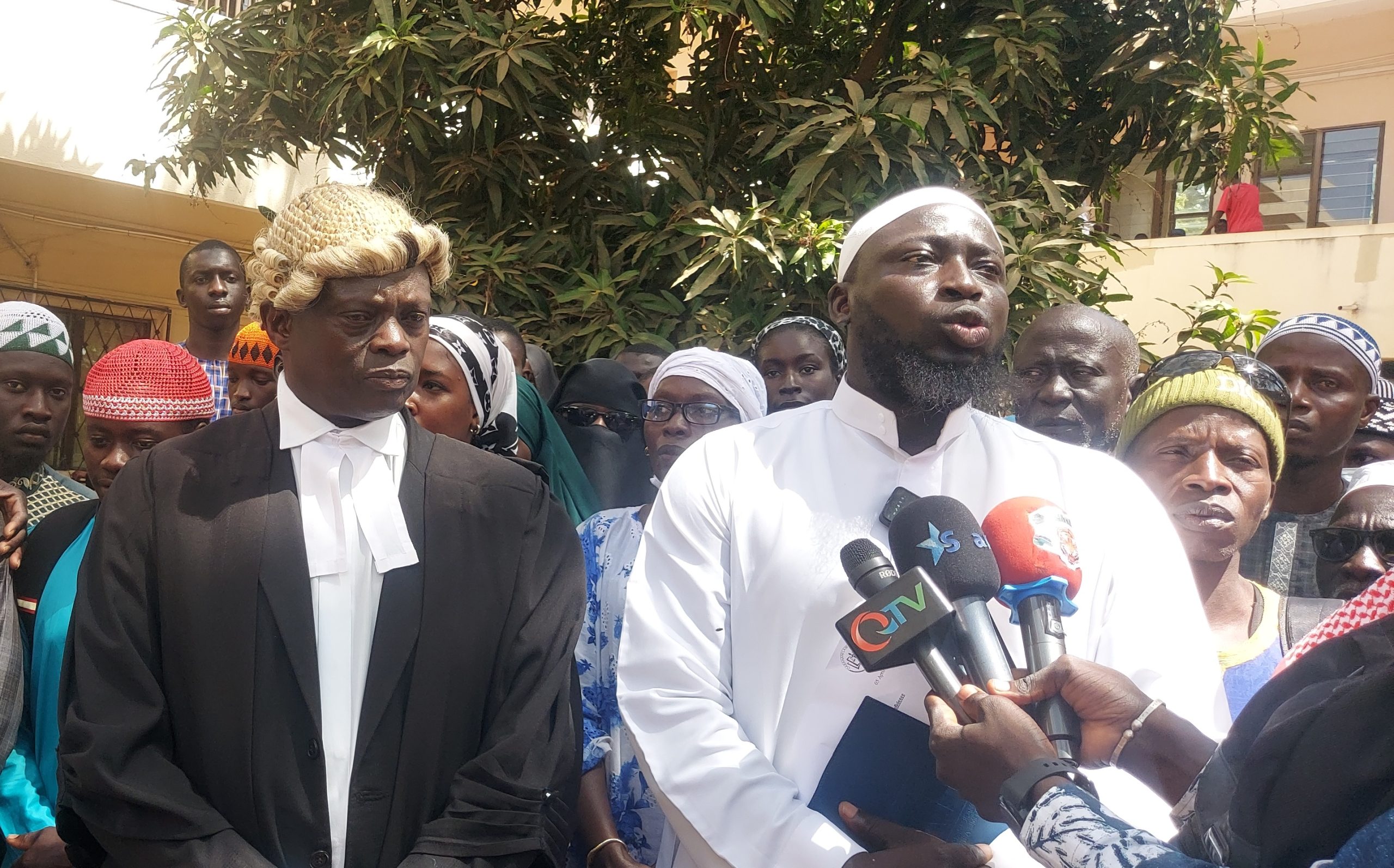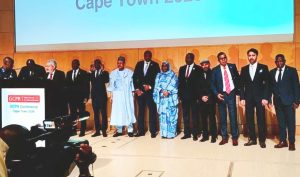Gambiaj.com – (Banjul, The Gambia) – A high-stakes legal battle over the constitutionality of The Gambia’s ban on female genital mutilation (FGM) unfolded at the Supreme Court today, as lawyers sparred over whether the court has the authority to hear the case. In the end, the apex court ruled it has jurisdiction on the matter.
The plaintiffs, represented by prominent constitutional lawyer Counsel Lamin J. Darboe, are challenging the 2015 amendment to the Women’s Act which criminalizes FGM. They argue that the amendment is inconsistent with several sections of the 1997 Constitution — including provisions on cultural rights, freedom of expression, and family life — and should therefore be struck down as unconstitutional under Section 4 of the Constitution.
However, State Counsel Akawa, representing the Attorney General, raised a preliminary objection, arguing the Supreme Court lacks jurisdiction to hear the matter. Citing Section 127(1)(a) of the Constitution, Akawa asserted that the Supreme Court does not have original jurisdiction to enforce fundamental rights — a role reserved for the High Court under Section 37. He also questioned the plaintiffs’ legal standing, arguing they had not shown a personal interest affected by the law.
In response, Counsel Darboe acknowledged an error in the initial filing but maintained that the case was not about enforcing rights under Chapter V, but rather challenging the constitutionality of legislation. He argued that Section 5 of the Constitution permits citizens to seek a declaration against unconstitutional laws in the Supreme Court.
The Court granted Darboe’s request to amend the plaintiffs’ filings to clarify the legal basis of their claim.
The Supreme Court ordered the parties to submit their arguments after ruling that it had jurisdiction to hear the case against the law that forbids FGM.
Lamin J. Darboe, the attorney, has 21 days to file and declare. Additionally, Counsel Akawa has 21 days to respond, followed by 7 days to respond on legal matters.
The case, which sits at the intersection of constitutional supremacy, cultural rights, and women’s protection, could set a major precedent in Gambian constitutional law.










